ASCO GU Symposium 2023
Stay up-to-date with the latest coverage of the 2023 ASCO Genitourinary Cancers Symposium.
Phouc Tran, MD, PhD, highlights the challenges of accurate risk stratification for newly diagnosed localized prostate cancer.
Daniel M. Geynisman, MD, explains the results and utility of the RETAIN trial for bladder sparing in patients with MIBC.
Petros Grivas, MD, PhD, highlights the practice-changing studies that have come out of the ASCO GU 2023 Symposium.
Michael Atkins, MD, discusses TFS outcomes from the phase II study and argues for immunotherapy in favorable-risk patients.
Steven Campbell, MD, PhD, overviews the surgical options available for patients with localized renal cell carcinoma.
Andrea Necchi, MD, speculates on the applicability of pembrolizumab monotherapy for BCG-unresponsive NMIBC.
Chadi Nabhan, MD, MBA, FACP, shares how precision medicine and personalized care have emerged as themes at this Symposium.
Kyle M. Rose, MD, describes how cell-free DNA is used to detect MRD prior to repeat-transurethral resection in NMIBC.
Daniel P. Petrylak, MD, overviews the TROPHY-U-01 study for platinum-ineligible patients with metastatic UC.
Alan H. Bryce, MD, highlights the positive TRITON3 data for rucaparib as a new standard of care for patients with mCRPC.
Christine Ibilibor, MD, shares the race disparities in UC diagnoses and outcomes, as well as strategies to mitigate them.
Matthew Galsky, MD, contextualizes HCRN GU 16-257 as a potential game-changer for bladder sparing in patients with MIBC.
At the 2023 ASCO GU Symposium, Alan Bryce, MD, presented results from the TRITON3 study on rucaparib vs physician’s choice.
Current categorization of pN1 can be subdivided into pN1 and pN2 based on a threshold hypothesized by researchers.
Researchers assessed TFS outcomes from HCRN GU16-260, investigating nivolumab and salvage nivolumab plus ipilimumab for aRCC.
Updated OS and efficacy results of second-line treatment in patients with mRCC treated in the BIONIKK trial were presented.
A survey shed light on current practice patterns for treatment selection and patient education for individuals with RCC.
Researchers presented the largest retrospective characterization of localized RCC with sarcomatoid dedifferentiation.
Latinx patients with mRCC demonstrated shorter PFS after nivolumab-plus-ipilimumab treatment at a tertiary care center.
A 24-month analysis highlighted OS, PFS, ORR, and best response to avelumab-plus-axitinib treatment in patients with aRCC.
Researchers compared the survival, efficacy, and safety features of second-line treatment regimens for mccRCC.
A research team sought to learn how patients and physicians trade off features of adjuvant RCC treatments.
Noel Clarke, MBBS, FRCS, ChM, explains the PROpel study design and what the overall survival data shows at data cutoff 3.
A study presented at the 2023 ASCO GU Cancers Symposium evaluated K17 expression in several forms of urothelial carcinoma.
A research team sought to define the tumor protein co-expression of PD-L1, c-MET, and HER2 in a cohort of patients with mUC.
IAC-RT may be a useful and tolerable treatment option for patients with MIBC who are unfit for radical cystectomy.
Researchers analyzed the impact of EV+P or EV alone on QOL and symptoms based on the EV-103 Cohort K trial.
A recent study analyzed the effectiveness of BCG treatment in patients with NMIBC, including a subgroup of patients with CIS.
Long-term follow-up from the JAVELIN Bladder 100 trial examined the drug’s effect on OS from the start of 1L chemotherapy.
David Nanus, MD, details the ways in which PSMA PET varies in guidelines and is used to stage localized prostate cancer.
Neeraj Agarwal, MD, highlights the significance of TALAPRO-2 in mCRPC and the data for rPFS with respect to HRR status.
Tian Zhang, MD, describes the current standard-of care treatment approach for metastatic RCC, including second-line therapy.
A new study examined the relationship between pathogenic germline BRCA2 mutation and somatic change in circulating tumor DNA.
Radical prostatectomy for patients with locally advanced, node-positive, and metastatic PC may be an effective option.
A cohort analysis found that PSMA PET at baseline, before pRT, or before sRT may predict from pelvic radiotherapy.
Novel Radiomic-Based Diagnostic Tool Identifies Patients at High Risk for Prostate Cancer Recurrence
A new analysis demonstrates “excellent potential” for a radiomic-based diagnostic tool to identify PC recurrence risk.An analysis highlighted real-world treatment of patients with mHSPC in the community who received at least 1 line of therapy.
A comparative effectiveness study showed the optimal method of determining prostatic volume of prostate cancer.
Matthew Zibelman, MD, highlights SOC adjuvant therapy for localized RCC and practice-changing potential of novel therapies.
A study assessed the differences in OS and health care resource utilization by race in Medicaid-insured patients with mCSPC.
Researchers used 14 prognostic genes to make a biopsy-based 6-gene signature to risk-stratify patients with early-stage PCa.
A study reviewed the prognostic value of neuroendocrine differentiation in mCRPC patients receiving abiraterone or docetaxel.
Dr. Aragon-Ching highlights the clinical trials being presented at the ASCO GU symposium for metastatic UC.
Get recommendations for sightseeing, dining, entertainment, and more while you're in town for the conference.
Norman E Sharpless, MD, University of North Carolina School of Medicine, will present the keynote session.
Attendees will learn about different ways of managing renal cell carcinoma at all stages from research to practice.
Gerhardt Attard, MD, PhD, FRCP, will kick off the event with a session on advanced prostate cancer.
The event will feature world-class science and new and innovative findings in the study of GU malignancies.
Advertisement
GU Oncology Now delivers the latest news in clinical trials, conference coverage, and more, highlighting advancements in genitourinary oncology treatments and tech.
Get conference updates straight to your inbox.


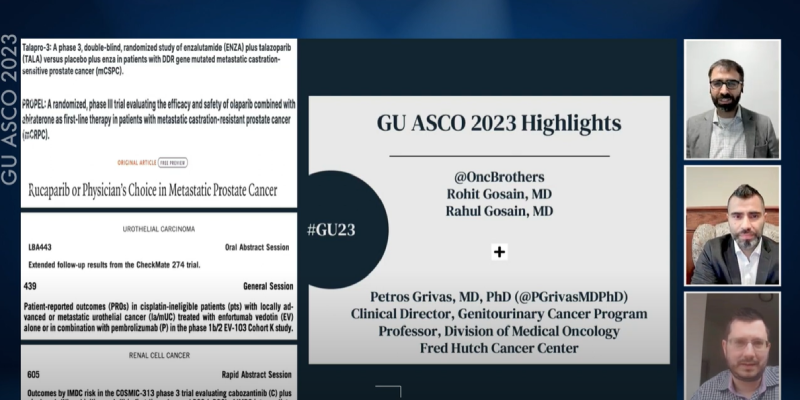
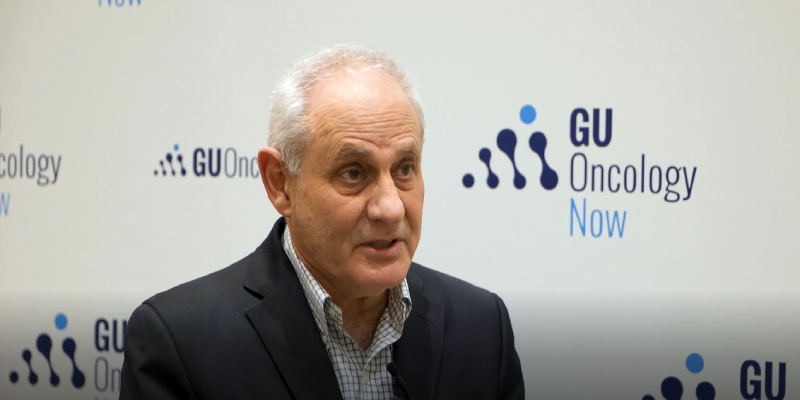



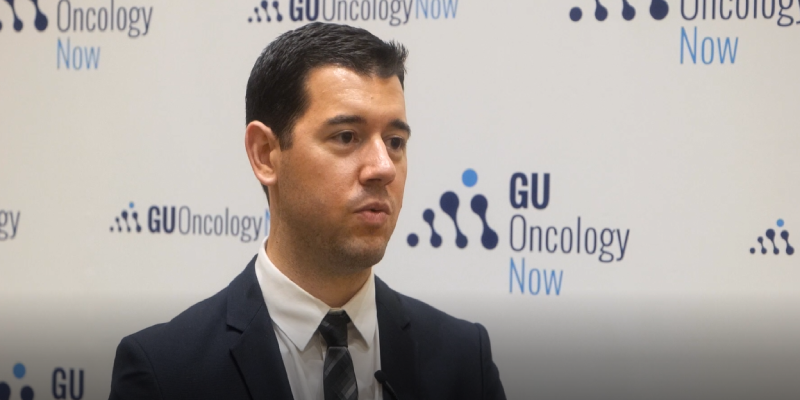
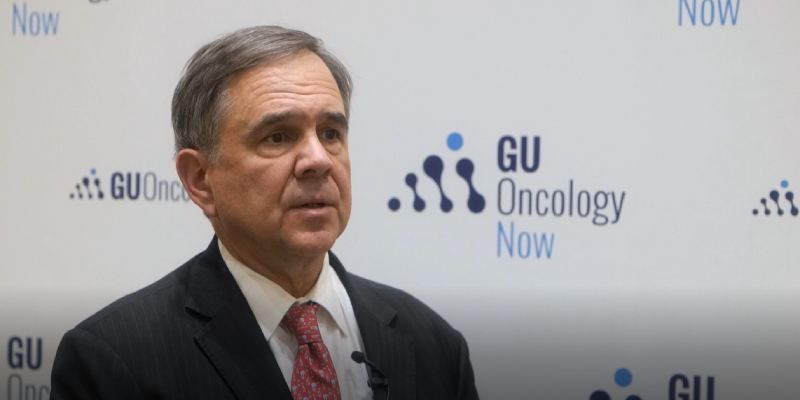



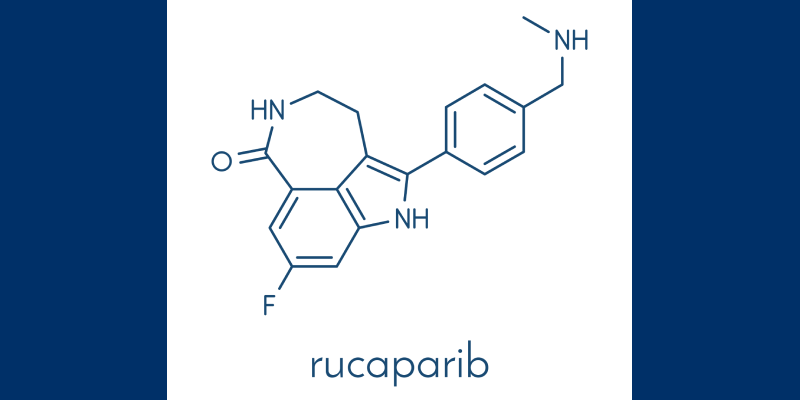
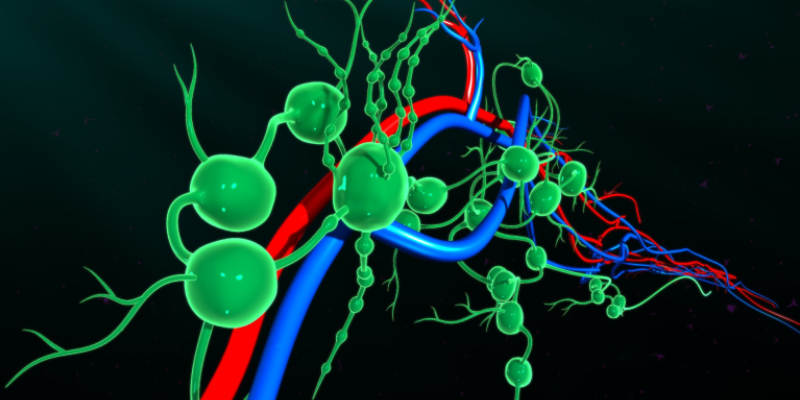


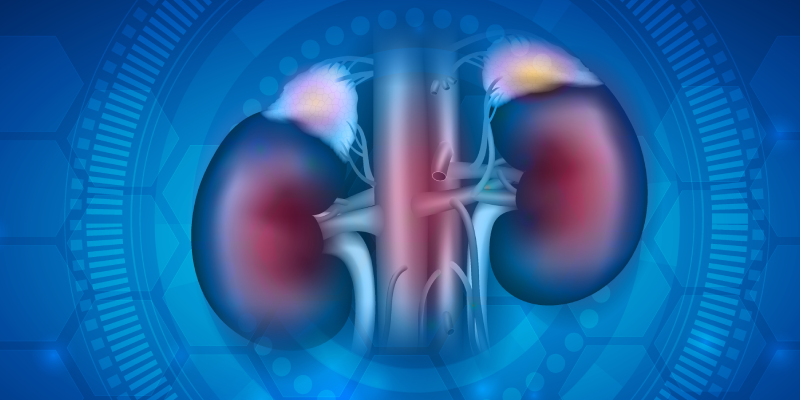
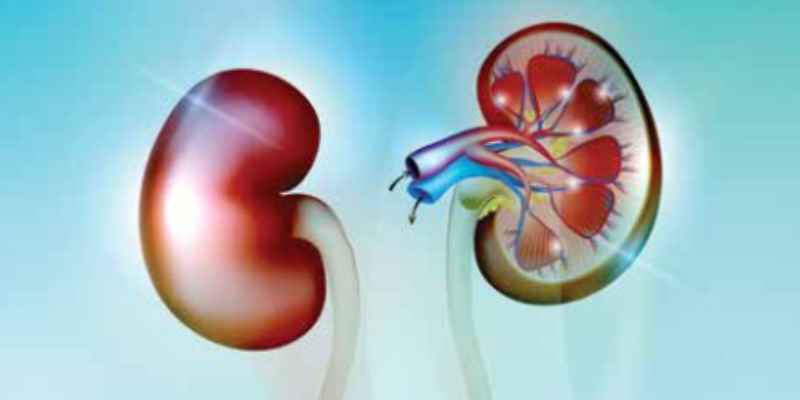


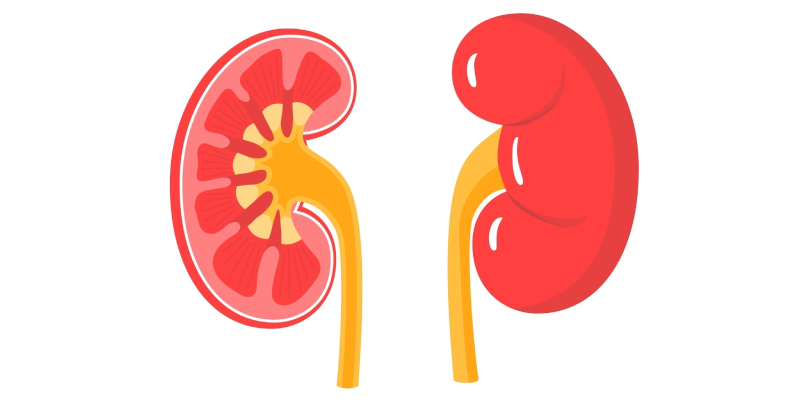



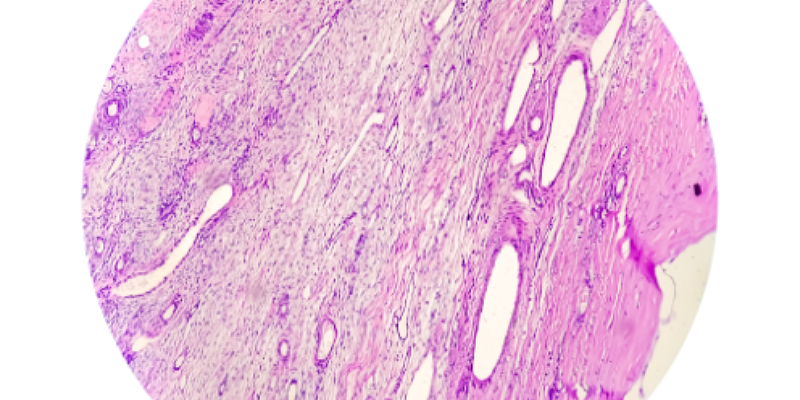








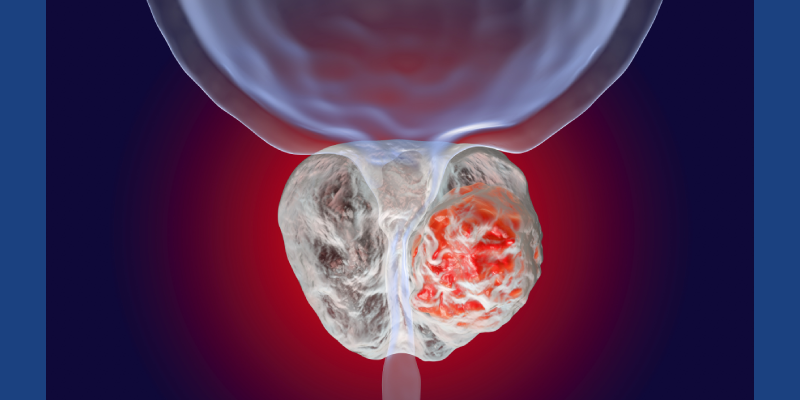
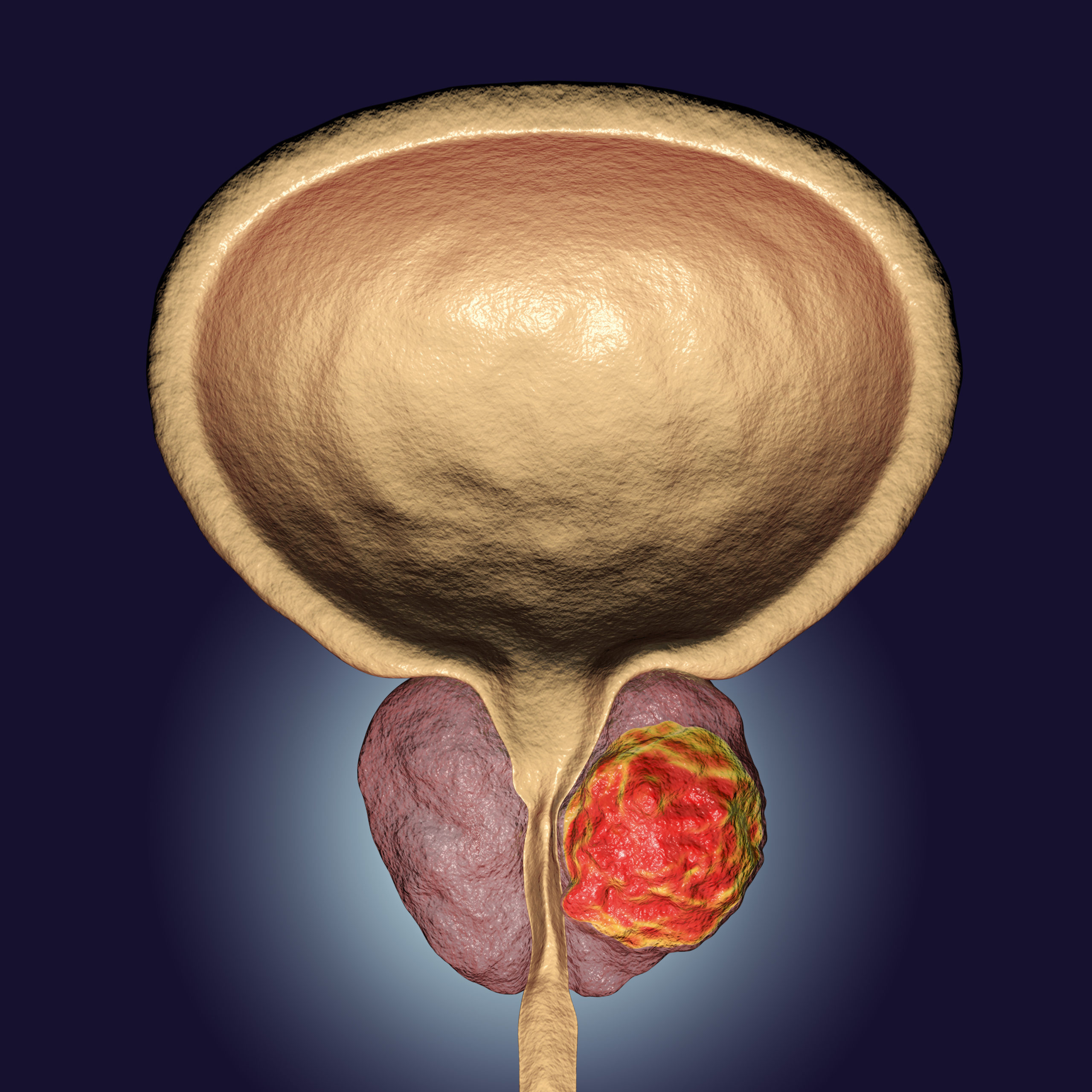


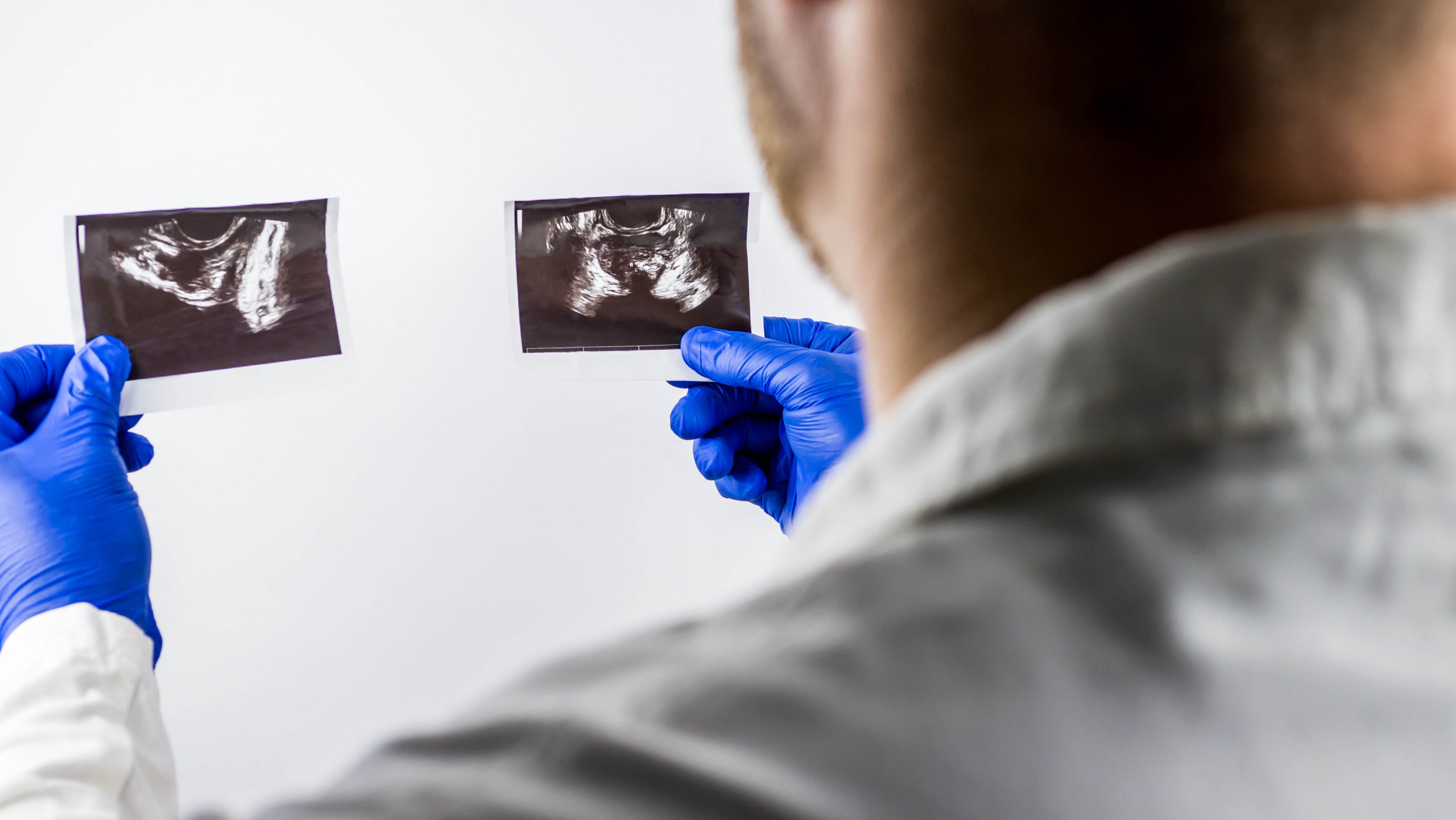



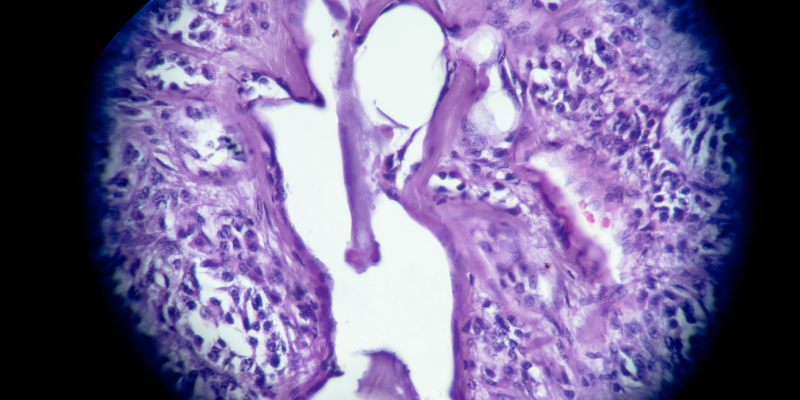




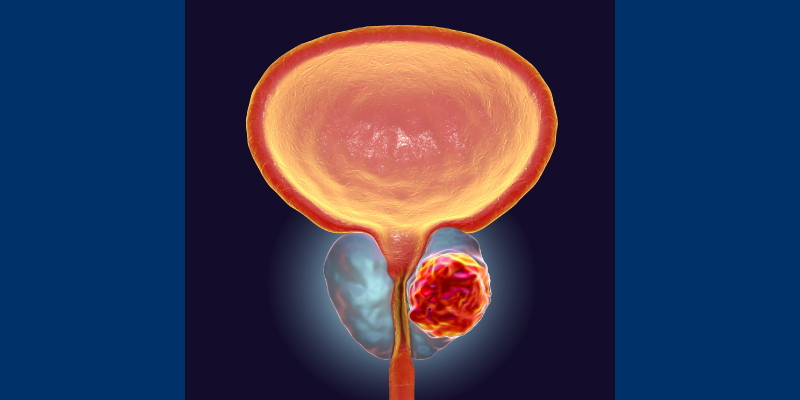


 © 2025 Mashup Media, LLC, a Formedics Property. All Rights Reserved.
© 2025 Mashup Media, LLC, a Formedics Property. All Rights Reserved.